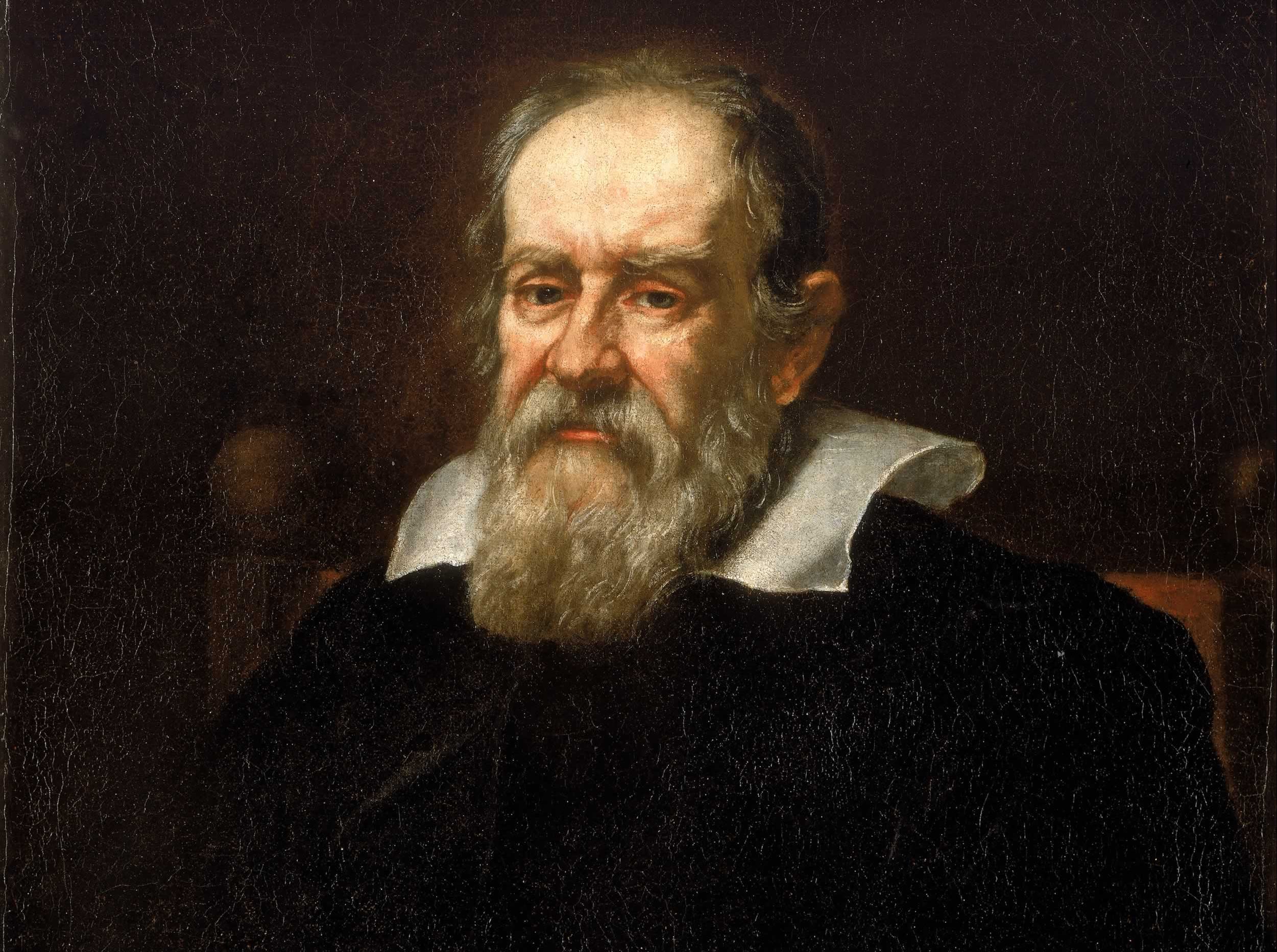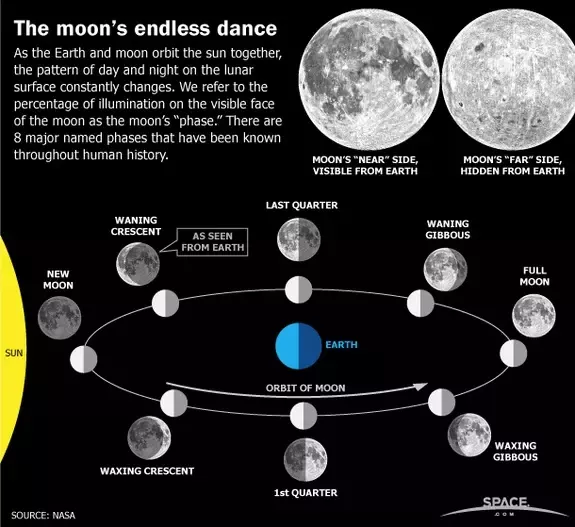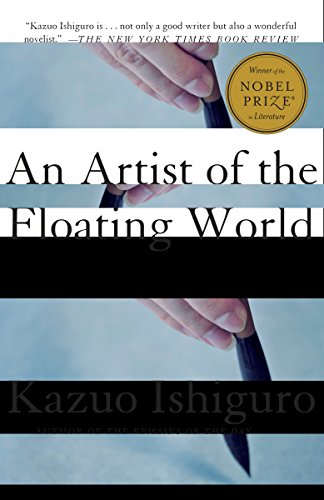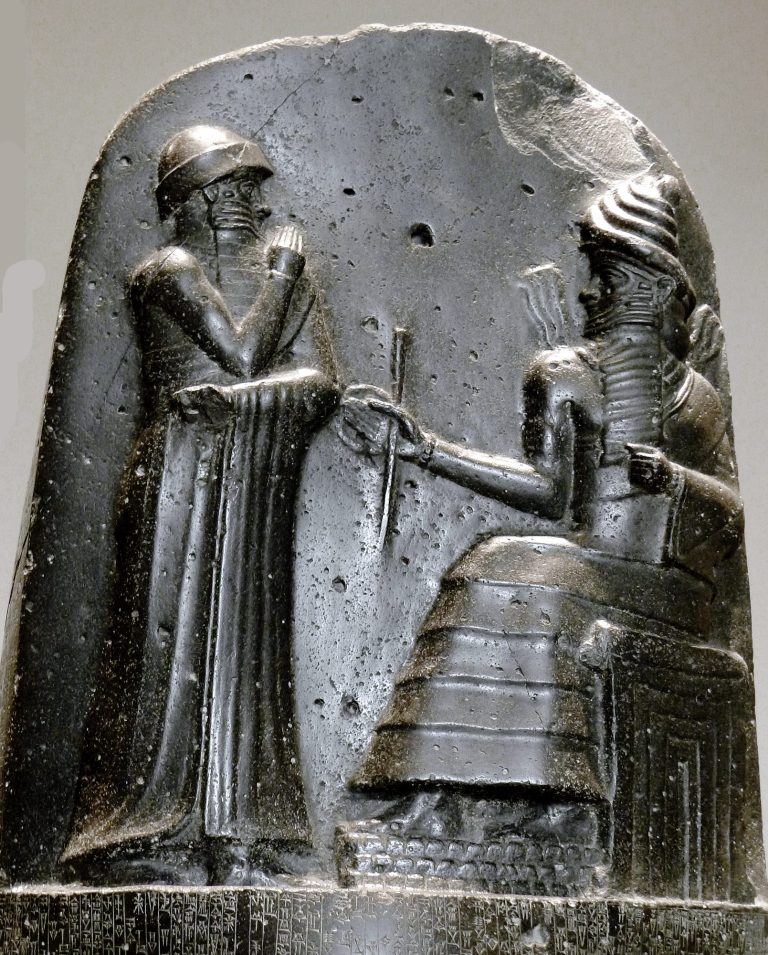What Did Galileo Discover?
Galileo Galilei was an Italian astronomer, physicist, mathematician, and philosopher who lived from 1564 to 1642. He is widely credited with being one of the greatest astronomers of all time and is known for his contributions to the scientific revolution. He is most famous for his discoveries of the four moons of Jupiter, the phases of Venus, and the laws of motion and inertia. His discoveries changed the way we view the universe and were revolutionary for his time. His writings were influential in the development of modern science and his ideas are still studied today.
Section 1: Galileo’s Early Life and Education
Galileo Galilei was a revolutionary Italian astronomer and physicist who made groundbreaking discoveries that transformed our understanding of the universe. Born in Pisa, Italy in 1564, Galileo was the oldest of seven children. His mother, Giulia Ammannati, was a devoutly religious woman who encouraged her son to pursue his scientific interests. Galileo’s father, Vincenzo Galilei, was a successful musician and scholar who exposed his son to mathematics and music early on.
Galileo went on to attend the University of Pisa, where he studied mathematics and physics. He was quick to realize the importance of experimentation when it came to understanding the physical world, and soon began to challenge the accepted scientific theories of his time. His observations and experiments began to reveal the workings of the universe, and his discoveries made him one of the most influential scientists of all time.
Section 2: Galileo’s Telescopic Discoveries
Galileo Galilei is one of the most famous scientists of all time, and for good reason. His discoveries and inventions revolutionized science and astronomy and changed the course of history. His most famous invention was the telescope, which allowed him to make some of the most important astronomical discoveries of his time.
Galileo’s telescopic discoveries included the observation of four of Jupiter’s moons, the observation of the phases of Venus, the observation of craters and mountains on the moon, and the observation of the sun’s spots. He also observed the stars and planets in greater detail than ever before, and used this data to develop his theory of heliocentrism.
Galileo’s discoveries had a huge impact on the scientific world, and laid the foundations for modern astronomy. His work helped to disprove the long-held belief that the Earth was the center of the universe, and provided evidence for the heliocentric model of the solar system. His discoveries also helped to revolutionize our understanding of the universe and the laws of physics. His telescopic discoveries remain some of the most important contributions to science.
Section 3: Galileo’s Scientific Contributions
Galileo Galilei is one of the most influential scientists in history. His discoveries and contributions to the fields of astronomy, mathematics, and physics have shaped the way we understand the universe today. From his revolutionary telescope to his groundbreaking work on gravity, Galileo is credited with many of the advancements in modern science. In this section, we’ll explore some of Galileo’s major discoveries and learn how his work revolutionized science.
Galileo’s most famous discovery was that the Earth revolved around the Sun, rather than the other way around. This defied the teachings of the Catholic Church and revolutionized the way scientists thought about the universe. Galileo also observed the four moons of Jupiter, the phases of Venus, and the rings of Saturn. He discovered that objects fall at the same rate regardless of their mass, a concept known as the law of gravity. He also developed mathematical techniques to help explain the motion of objects in the solar system.
Galileo’s discoveries and contributions to science revolutionized the way we think about the universe. His work inspired future generations of scientists and paved the way for a deeper understanding of astronomy, physics, and mathematics. His discoveries and theories remain relevant to this day, and his legacy continues to live on in the world of science.

Section 4: Galileo’s Impact on the Catholic Church
Galileo Galilei was a scientist and astronomer who is widely credited with advancing the scientific revolution of the 17th century. His discoveries changed the way the Catholic Church viewed the universe and the relationship between science and religion. One of Galileo’s most famous discoveries was the heliocentric model of the solar system. This contradicted the church’s geocentric view of the universe, which placed the Earth at the center of the universe. This discovery led to Galileo being put on trial by the Inquisition for heresy and forced to recant his beliefs. Despite this, Galileo’s findings are now accepted by the church and his work is seen as one of the most important contributions to science. His impact on the Catholic Church is still felt today, as the church works to reconcile scientific discoveries with the teachings of the Bible.
Section 5: Galileo’s Legacy
Galileo Galilei is remembered as one of the most influential figures in the history of science. His discoveries and inventions have had a lasting impact on the world of astronomy and physics and have helped shape the way we look at the universe. From his studies of the Milky Way to his pioneering work with telescopes, Galileo’s legacy is still evident today. This section will explore some of the most important contributions Galileo made during his lifetime.
Galileo’s observations of the night sky were groundbreaking and helped pave the way for modern astronomy. He was the first person to accurately describe the Milky Way as a collection of stars, and his detailed drawings of the moon and its craters are still used in textbooks today. He was also the first to observe the four largest moons of Jupiter, which are now known as the Galilean moons, and he was the first to recognize sunspots as part of the sun’s rotation.
Galileo also contributed to the development of the modern telescope. He designed and built an early version of the telescope which was able to magnify objects up to 30 times. This telescope enabled him to make more accurate observations of the night sky and discover new planets, moons, and stars. His designs were even used in the construction of the Hubble Space Telescope.
Galileo’s discoveries and inventions were revolutionary in their time and have had a lasting impact on the world of science. His legacy lives on in the form of the telescope, his detailed drawings of the moon, and his observations of the Milky Way. His work has been instrumental in the development of modern astronomy and has helped us gain a better understanding of the universe we live in.
Section 6: Galileo’s Continuing Influence on Modern Science
Galileo Galilei was a renowned scientist and mathematician who lived in the 16th and 17th centuries. His pioneering work in astronomy, physics, and mathematics has had a lasting impact on science and is still influential today. His discoveries were revolutionary and opened up new possibilities for scientific thought and exploration. Galileo’s work in astronomy included the observation of Jupiter and its four largest moons, the formulation of his heliocentric theory, and the measurement of the speed of light. In physics, he developed the law of inertia and the concept of free fall. Additionally, he is credited with developing the first thermometer, and in mathematics, he established the foundations for calculus.
The impact of Galileo’s discoveries can still be seen today. His heliocentric theories, for example, are still accepted and taught in classrooms around the world. His work in physics and astronomy has led to further scientific exploration and has helped provide a better understanding of the universe. His thermometer has become a staple in scientific research, while his contributions to mathematics have provided the basis for modern calculus.
In conclusion, Galileo Galilei’s discoveries and innovations have had a lasting impact on science and continue to be influential. He has left a legacy that will continue to shape the way we understand and explore the universe. His contributions have opened up new possibilities for scientific thought and exploration and have paved the way for modern scientific advancement.
FAQs About the What Did Galileo Discover?
1. What did Galileo discover about the solar system?
Answer: Galileo discovered that the Earth and other planets in the solar system revolve around the Sun, challenging the accepted view at the time that the Earth was the center of the universe.
2. What other discoveries did Galileo make?
Answer: In addition to his discoveries about the solar system, Galileo also made a number of other important discoveries. These include the discovery of four of Jupiter’s moons, the phases of Venus, the concept of inertia, and the use of the telescope to observe distant planets and stars.
3. How did Galileo’s discoveries impact science?
Answer: Galileo’s discoveries about the solar system provided the basis for the theory of heliocentrism, which was later developed by Johannes Kepler and Isaac Newton. His use of the telescope led to a revolution in astronomy as he discovered new planets and stars. Galileo’s other discoveries, such as inertia, also had a major impact on the development of physics.
Conclusion
In conclusion, Galileo Galilei was a pioneering scientist who revolutionized our understanding of the universe. He made numerous discoveries, including the moons of Jupiter, the phases of Venus, the law of falling objects, and the law of inclined planes. He also developed the telescope, which allowed him to make these observations. Galileo’s discoveries were instrumental in the development of modern science and laid the foundations for the Copernican Revolution.



